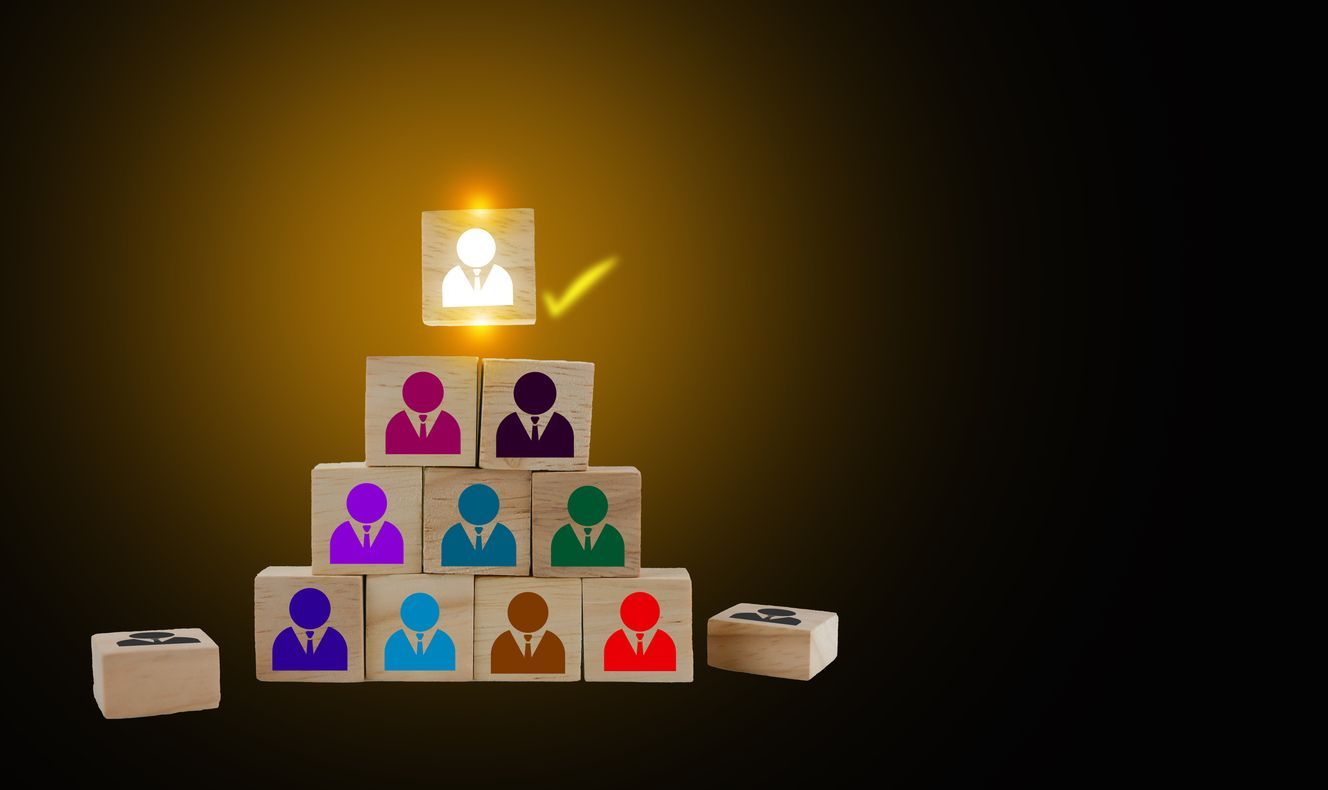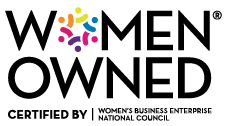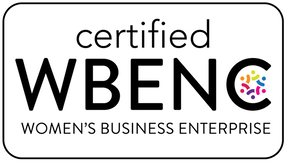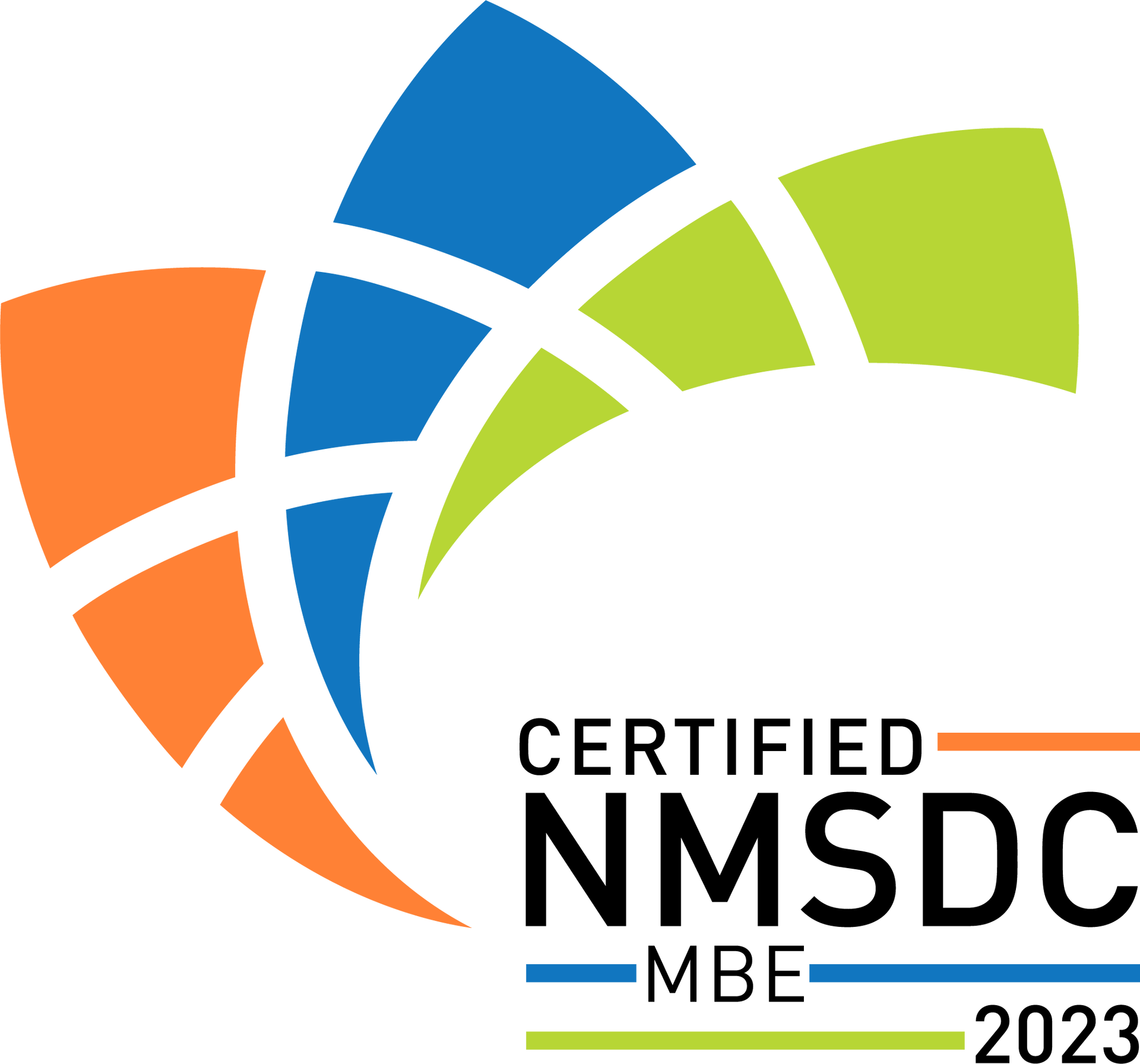Unveiling Beyonce's DEI Legacy: What Business Can Learn From Her Success
"Beyonce's approach serves as a valuable lesson for corporate America. It demonstrates the importance of embracing and celebrating differences, fostering a genuine and inclusive atmosphere. Through her enterprise, she has created a humbling environment that works hard and recognizes and appreciates each person's individuality."
On Sunday, my sister, an avid Beyhive member, invited us to watch the Beyonce Renaissance movie. It was truly remarkable. The music was exceptional, and Beyonce's performance was undoubtedly her best. However, what I found most noteworthy was the level of equitable inclusivity and creative expression showcased throughout the entire production. The movie was a mix of her world tour performances and a look into her personal life, which is super private, and the lives of documentarian-like others. She opens up about being a Black woman, a mother, and a wife, and balancing work and personal life like the rest of us.
One aspect that stood out was the homage to her family, the transgender community, dancers, announcer pioneers, and the diverse makeup of Beyonce's band. It included a pregnant woman proudly showing her baby bump, transgender performers, and individuals from various racial and ethnic backgrounds and lived experiences. Each band member had a voice and received validation for being authentically themselves. This level of diversity and representation was inspiring and empowering.
Beyonce's approach serves as a valuable lesson for corporate America. It demonstrates the importance of embracing and celebrating differences, fostering a genuine and inclusive atmosphere. Through her enterprise, she has created a humbling environment that works hard and recognizes and appreciates each person's individuality.
Beyonce is a shining example of fostering positive transformation in a global effort to achieve equality and inclusiveness. She demonstrates her significant influence and profound impact through her unwavering dedication to creating opportunities and platforms for marginalized voices. In this regard, I think her actions speak volumes. Kudos to her.


EXPLORE OUR SITE
All Rights Reserved | A. Solomon Recruits




